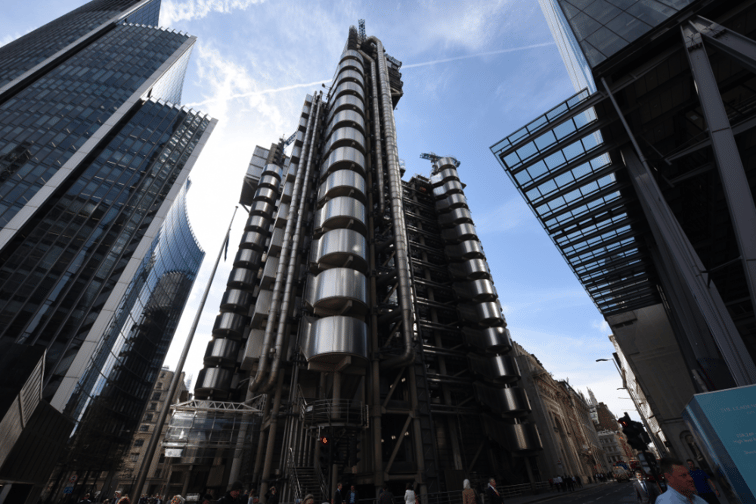

Lloyd’s, which will be announcing its 2022 financial results on March 23, isn’t leaving things to chance – telling syndicates “to be good,” instead of lucky, amid increased volatility.
Addressing the market on Thursday, Lloyd’s portfolio risk management director Kirsten Mitchell-Wallace said: “We need to create high confidence in securing a sustainable profitable underwriting result going forward with higher breakeven probabilities. This echoes what we asked you to do in the Q2 2021 market message. We expect syndicates to plan to be profitable with a specified frequency that has been explicitly considered and accepted by the board.
“While we’re not dictating a threshold for syndicates, we expect you to be able to explain your positions on the breakeven probabilities that you submit to us. By analysing volatility in this way, we can, as a market, generate confidence in delivering a strong result, regardless of changes in the environment, and ultimately better serve our customers. You may be familiar with the expression ‘It’s better to be lucky than good’ – we need you to be good.”
Mitchell-Wallace’s words were part of a wider market message presented by Lloyd’s chief of markets Patrick Tiernan. Her section delved into how volatility should be managed.
According to the portfolio risk management director, there will be a different profile of loss in 2023 due to increased retentions and tighter wordings.
Mitchell-Wallace highlighted: “For the market’s results, a decrease in low level and sideways protection could lead to an increase in aggregate losses should there be a series of smaller catastrophe events. Let me be clear, this is not just hurricanes, but floods, wildfires, convective storms, and a whole host of other perils.”
She said it is imperative for Lloyd’s to get an understanding of how the changes are informing syndicates’ appetites.
“External conditions are not an excuse to not understand and manage your exposures or have a well-considered strategy,” she told the market. “So, what does this mean for you? Lloyd’s will be scrutinising 1-in-10 modelled [natural catastrophe] losses from syndicates. But we need equal focus on exposure management across all classes of business. To be clear, it is unacceptable to not know the location of your exposures. Gross underwriting management must be your priority, and across all classes.”
Mitchell-Wallace stressed that all Lloyd’s syndicates must set their appetites for volatility for all classes, and understand their exposure and return profile.
“I’ll make two critical points here,” she declared. “They are: firstly, to price adequately, the mean must be appropriately captured. The body of any cat risk distribution deserves just as much attention as the tail. And, secondly, I hear a lot about models and how bad they are. We simply can’t blame deficiencies in the models for poor results.
“Models are tools – tools to be understood and integrated into the business. Where models are deficient or incomplete – and, of course, they are in some cases – they must be interrogated, supplemented, and used with thought. It’s not the model that’s the problem. The risk representation should be complete and appropriate for the current risk environment. You need to apply this to your business and within risk appetites.”
Mitchell-Wallace cited the importance of a consistent structured process of defining and expressing probabilistic risk appetites and tolerances over a range of return periods. It was noted that syndicates will be asked to provide their frameworks and explain their results in the event of poor performance.
“At Lloyd’s, we’re the custodian of the market’s resilience, which means considering the volatility around the plan numbers as well as their average expected value,” she asserted. “We need to reap the rewards of the years of remediation work, and work hard so that blunt tools do not need to be deployed market-wide again.
“We must protect the strong foundations that we’ve rebuilt together – the foundations that are allowing the market to weather unprecedented challenges and deliver an underwriting profit and capitalise on profitable growth opportunities.”
Are you part of a Lloyd’s syndicate? Share your thoughts on this story in the comments below.
